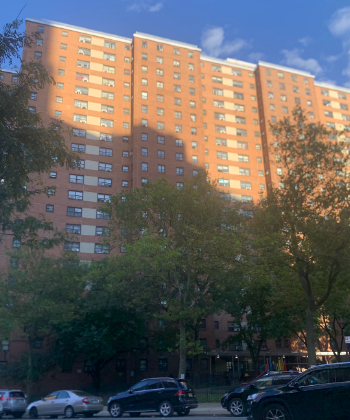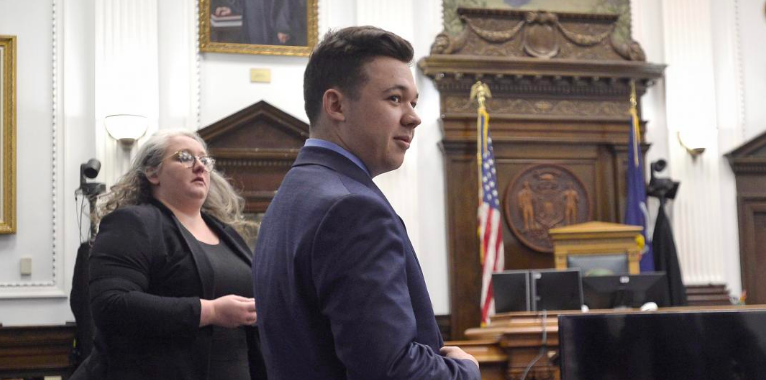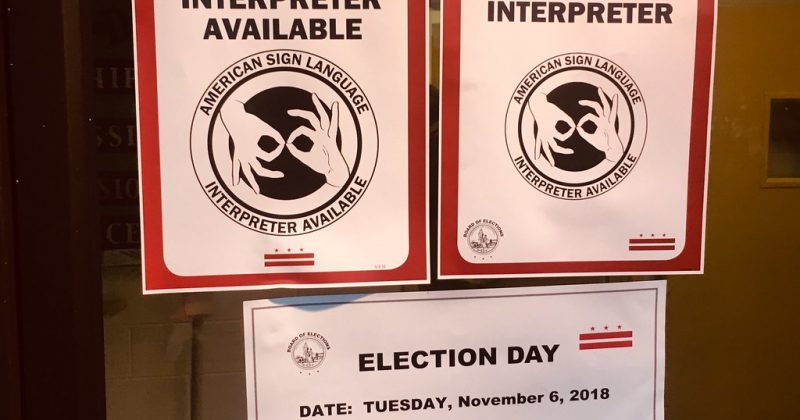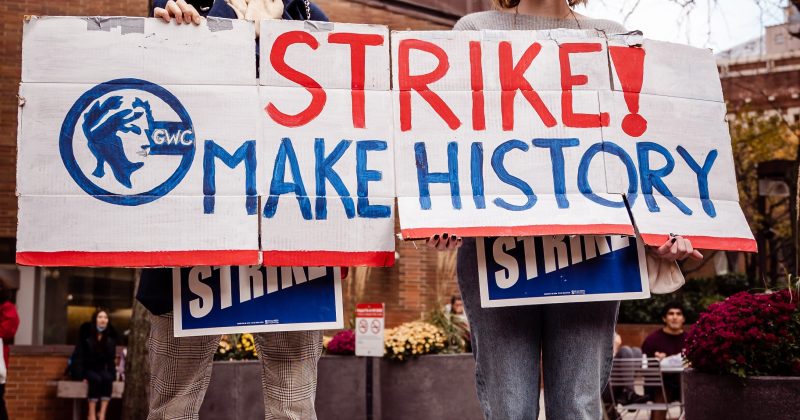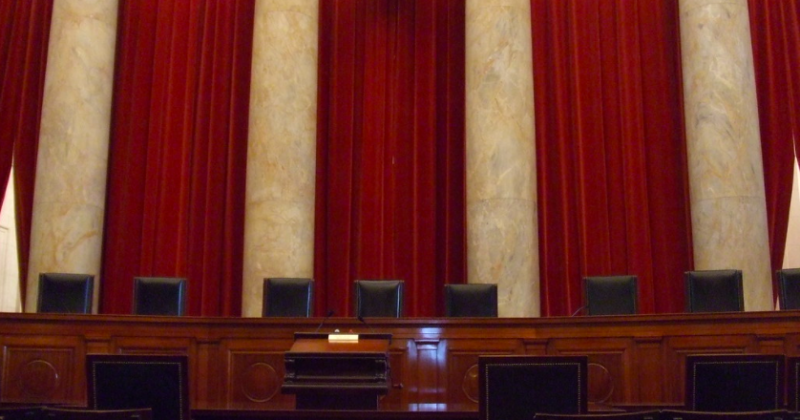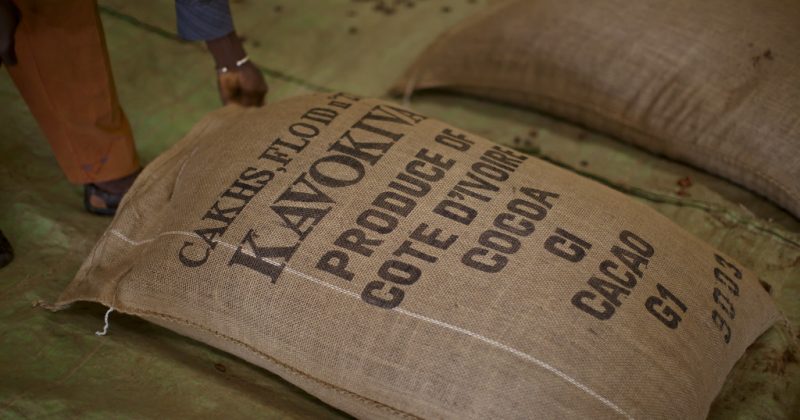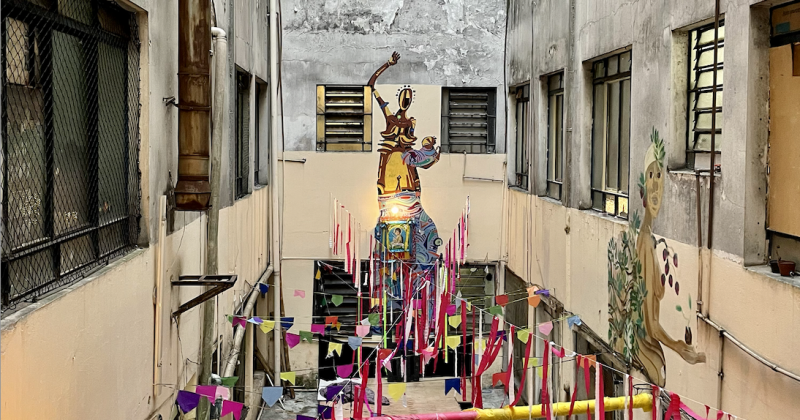
Rights in Conflict: Competing Claims for Housing and Property in Brazil
By Co-Editor Winston Ardoin
Written during the period of redemocratization after the repressive military dictatorship, the 1988 Constitution of the Federative Republic of Brazil is among the most progressive in the world. After the preamble and a short list of foundational principles, Title II explicitly describes all the fundamental rights and guarantees granted to every citizen by the State. One of the longest and most detailed declarations of rights in any national constitution, the drafters’ progressive and inclusive goals created a difficult problem for the Brazilian state: the potential for conflicts of rights.
Like the American court system, Brazilian courts must choose which right to uphold and defend when competing groups bring opposing claims citing different constitutional rights. In a deeply unequal country where political and legal structures remain controlled by the elite, the question often also becomes whose rights matter more: those of the powerful or those of the marginalized? One collision of rights , especially present in major cities such...


